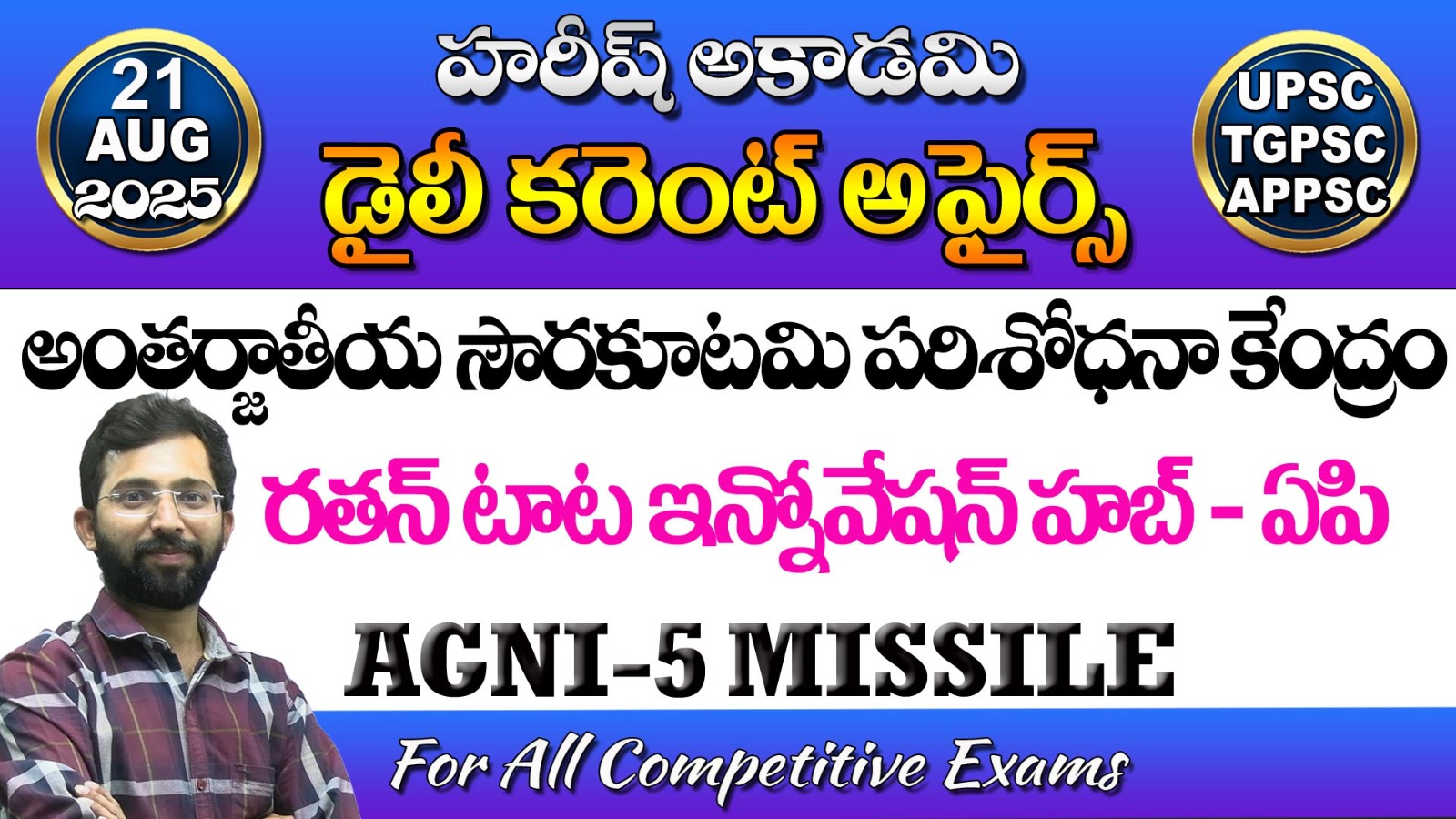Is it Important to Make Notes for Current Affairs for the Banking Exam?

Introduction
Preparing for banking exams is no easy task. With the increasing competition and changing exam patterns, aspirants must stay ahead with a smart and structured approach. Among the various subjects tested in banking exams—Quantitative Aptitude, Reasoning Ability, English Language, and General Awareness—current affairs hold a special place.
In fact, the General Awareness (GA) section, which includes current affairs, is often the game-changer. Many students who perform equally in other sections see their final selection determined by their GA score. This raises an important question: Is it really important to make notes for current affairs while preparing for banking exams?
At HAREESH THE BEST ACADEMY, we believe the answer is a clear YES—making notes is not just important, it is a necessity if you want to crack the exam with confidence. Let’s understand why.
1. The Role of Current Affairs in Banking Exams
Banking exams such as IBPS PO, IBPS Clerk, SBI PO, SBI Clerk, and RBI Grade B allocate a significant weightage to General Awareness. Current affairs usually cover questions from:
-
Banking and Financial Awareness
-
Economic Updates
-
National and International Events
-
Government Schemes and Policies
-
Awards, Sports, and Summits
-
Appointments and Resignations
-
Important Days and Themes
On average, 25–35 questions are asked from current affairs in most banking exams. Since the section has no lengthy calculations and can be solved quickly, it becomes a high-scoring area. However, the vastness of current affairs can overwhelm aspirants, which is why making structured notes becomes so valuable.
2. Why Just Reading Current Affairs Is Not Enough
Many aspirants rely solely on mobile apps, monthly magazines, or daily news capsules. While these resources are important, passive reading is not sufficient for retention.
-
Too much information: Daily current affairs are vast, and without notes, it’s easy to lose track of what’s relevant.
-
Short memory span: Reading once doesn’t guarantee recall in the exam. You need active engagement with the content.
-
Revision issues: Without personal notes, revising thousands of pages of material just before the exam becomes impractical.
This is where note-making comes in—it converts information into knowledge that you can remember and reproduce in the exam hall.
3. Benefits of Making Notes for Current Affairs
a) Better Retention and Recall
Writing down key points helps your brain process and store information more effectively than just reading. Notes act as memory triggers during revision.
b) Personalized Learning
Every student’s learning style is different. By making your own notes, you highlight what you find important, making the content customized to your needs.
c) Time-Saving During Revision
Instead of going back to lengthy magazines, notes allow you to revise 3–6 months of current affairs quickly before the exam.
d) Improved Focus
Note-making keeps you active while studying. Rather than scrolling through pages passively, you are consciously filtering and writing down relevant facts.
e) Easy Categorization
Notes help you organize content into categories like banking, economy, sports, awards, and government schemes. This structured learning aids faster recall.
4. How to Make Effective Current Affairs Notes
At HAREESH THE BEST ACADEMY, we guide students on smart note-making strategies so that preparation becomes efficient rather than exhausting. Here are some practical tips:
i) Use Digital + Physical Methods
-
Maintain a notebook for daily notes, especially for important dates, appointments, and schemes.
-
Use digital tools like OneNote, Evernote, or Google Docs to categorize monthly current affairs.
ii) Focus on Banking & Economy First
Since banking exams emphasize financial awareness, prioritize updates from RBI, SEBI, NABARD, budget highlights, monetary policies, and important banking news.
iii) Short and Crisp Points
Avoid writing lengthy paragraphs. Stick to bullet points, abbreviations, and keywords. For example:
“Union Budget 2025: Fiscal Deficit target – 5.1%, Capex – ₹12 lakh crore.”
iv) Monthly Consolidation
At the end of each month, revise your notes and prepare a one-page summary for quick reference. This reduces stress during the final preparation phase.
v) Highlight & Color-Code
Use highlighters or colored pens for different topics. For instance, blue for banking, green for government schemes, and red for international affairs. Visual cues improve memory.
5. Common Mistakes to Avoid While Making Notes
-
Copying entire articles: Notes should be concise, not replicas of newspapers.
-
Neglecting updates: Current affairs is dynamic. Consistency is key—make notes daily or at least weekly.
-
Ignoring revision: Notes are only useful if you revise them regularly.
-
Overloading content: Learn to filter what’s important. Not every piece of news is exam-relevant.
6. How HAREESH THE BEST ACADEMY Helps Students
At HAREESH THE BEST ACADEMY, we understand the challenges banking aspirants face with current affairs preparation. That’s why we provide:
-
Daily Current Affairs Capsules focused on banking relevance.
-
Monthly Handwritten Notes prepared by our expert faculty.
-
Special Sessions on budget, economic survey, and financial updates.
-
Revision Tests & Quizzes based on the latest exam patterns.
-
Smart Note-Making Guidance so students can prepare their own personalized study material.
Our proven methods have helped countless students score high in the General Awareness section and secure their dream banking jobs.
7. Final Thoughts
This article in the theglobalnewz must have given you clear idea about So, is it important to make notes for current affairs for the banking exam? The answer is a resounding YES. Current affairs may seem endless, but with structured note-making, you can turn this vast subject into your strongest scoring area.
Remember, success in banking exams isn’t just about hard work—it’s about smart work. Making concise, personalized notes ensures effective learning, quick revision, and higher confidence during exams.
At HAREESH THE BEST ACADEMY, we encourage every aspirant to adopt this habit. After all, it could be the very strategy that turns your preparation into a selection.








